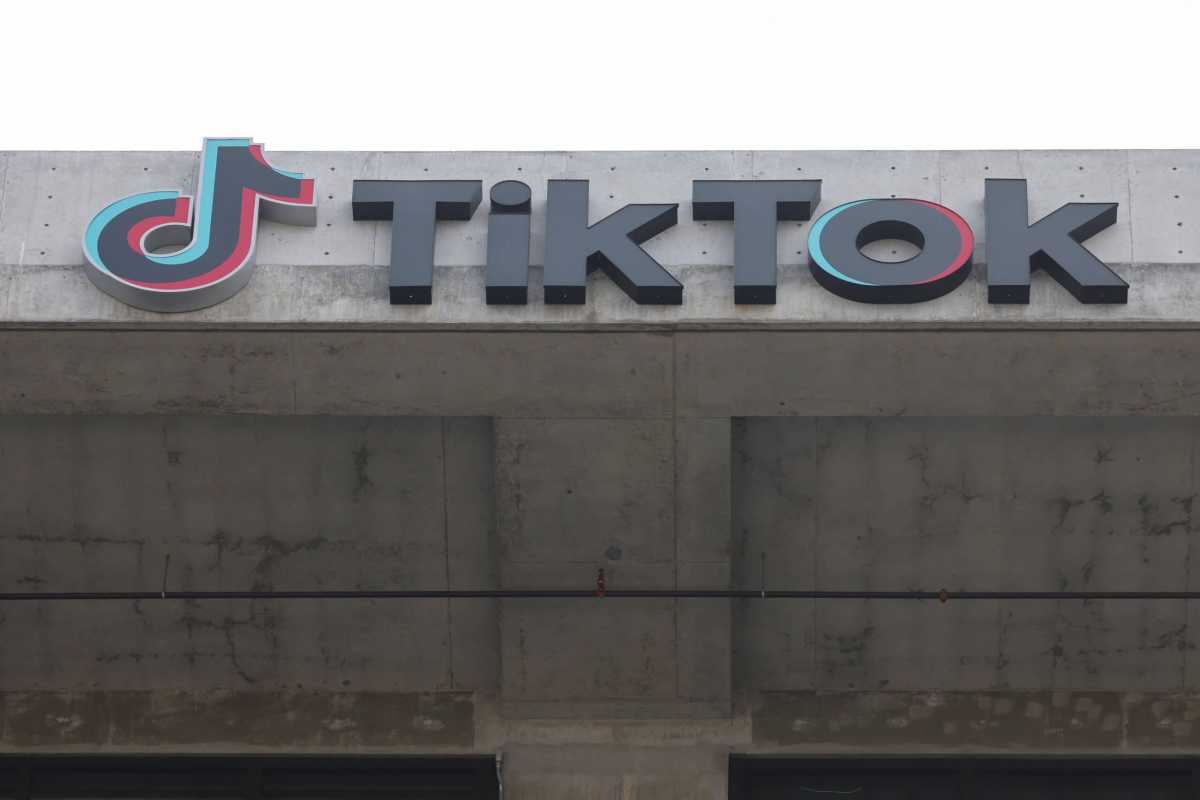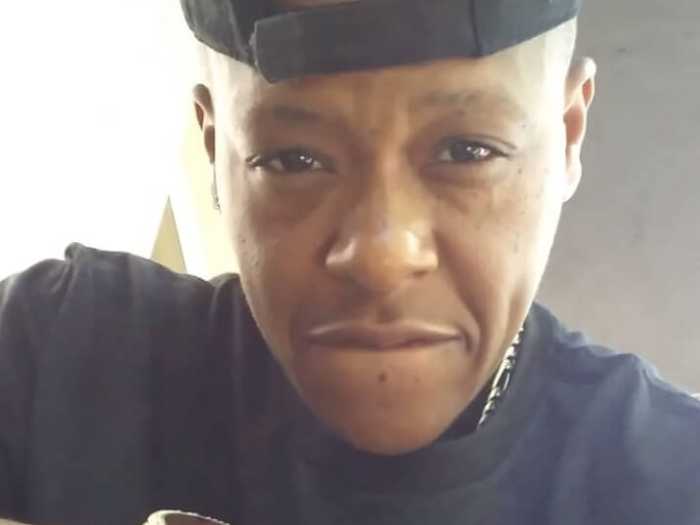The social media giant TikTok is taking a more direct stand against hate with a new policy explicitly banning deadnaming, misgendering, misogyny, and the promotion of conversion therapy.
“Though these ideologies have long been prohibited on TikTok, we’ve heard from creators and civil society organizations that it’s important to be explicit in our Community Guidelines,” Cormac Keenan, TikTok’s head of trust and safety, said in a news release on February 8. “On top of this, we hope our recent feature enabling people to add their pronouns will encourage respectful and inclusive dialogue on our platform.”
The new policy is also coming with a crackdown on content promoting eating disorders. The social media platform says it already works to combat content surrounding eating disorders, but now that effort is being “broadened.”
“We’re making this change, in consultation with eating disorders experts, researchers, and physicians, as we understand that people can struggle with unhealthy eating patterns and behavior without having an eating disorder diagnosis,” Keenan added. “Our aim is to acknowledge more symptoms, such as over-exercise or short-term fasting, that are frequently under-recognized signs of a potential problem.”
GLAAD, a national LGBTQ media monitoring group, and UltraViolet, a national gender justice advocacy organization, said they encouraged TikTok to amend the policy. Both groups praised the changes.
“When anti-transgender actions like misgendering or deadnaming, or the promotion of so-called ‘conversion therapy,’ occur on platforms like TikTok, they create an unsafe environment for LGBTQ people online and too often lead to real world harm,” Sarah Kate Ellis, GLAAD’s president and CEO, said in a written statement. “TikTok’s move to expressly prohibit this harmful content in its Community Guidelines and to adopt recommendations made in GLAAD’s 2021 Social Media Safety Index raises the standard for LGBTQ safety online and sends a message that other platforms which claim to prioritize LGBTQ safety should follow suit with substantive actions like these.”
Bridget Todd, UltraViolet’s communications director, said TikTok “became a little safer for women, girls, LGBQ, and trans people today.”
“We applaud TikTok for responding effectively to our recommendations and implementing them into an updated, more protective user policy,” Todd added. “Even so, it’s clear social media platforms have a long way to go across the board.”
TikTok and other platforms were grilled by the Senate Subcommittee on Consumer Protection, Product Safety, and Data Security last year in a hearing that brought teenage mental health issues to the fore. The push to hold social platforms accountable has coincided with a campaign by GLAAD and UltraViolet to issue recommendations to social media companies regarding how to improve platforms and avoid discrimination. That effort, which included encouraging an expansion of the definition of hate speech and enforcing anti-harassment policies, drew support from 75 organizations, such as Planned Parenthood Federation of America, Asian Americans in Action, Equality Labs, and Innovation Ohio.
At the same time, social media monitoring efforts have also elevated the issue of sex workers’ rights online. SESTA/FOSTA, which passed in 2018 with bipartisan backing, created exceptions in Section 230 of the 1996 Communications Decency Act, which had kept providers of computer services from being held responsible for users’ actions on their platforms. That prompted many sites to shut down due to concern that the law would target the sites serving as hubs for sex workers. Many have complained that SESTA/FOSTA has forced many sex workers off the web and, instead of vetting clients online, end up in unsafe environments where they are vulnerable to attacks.



































